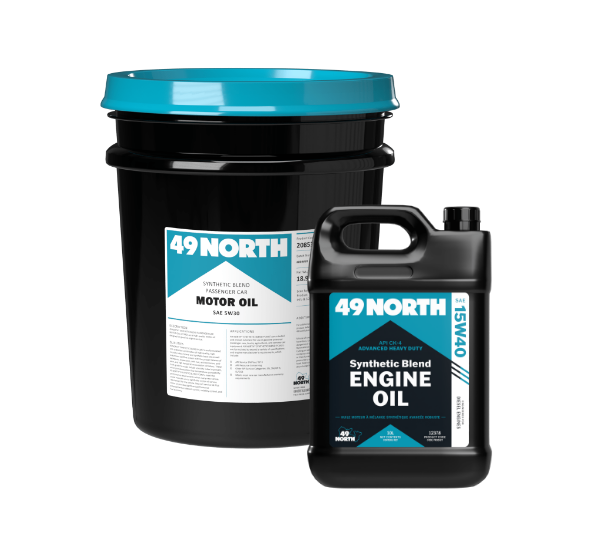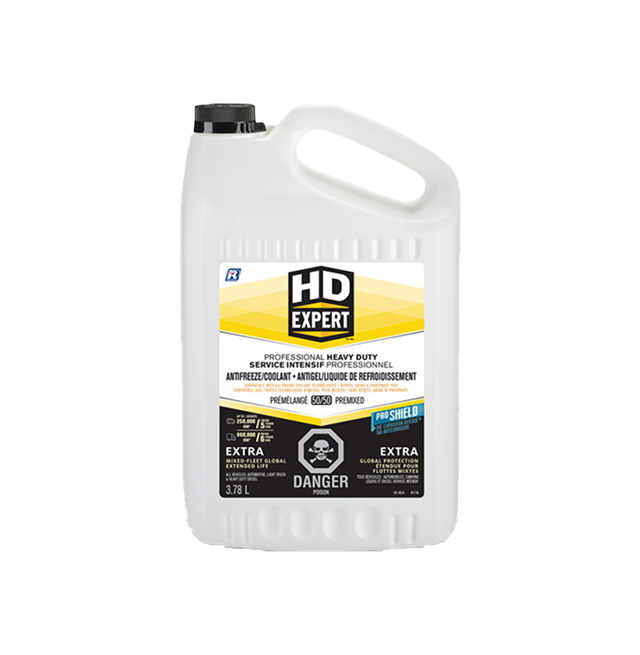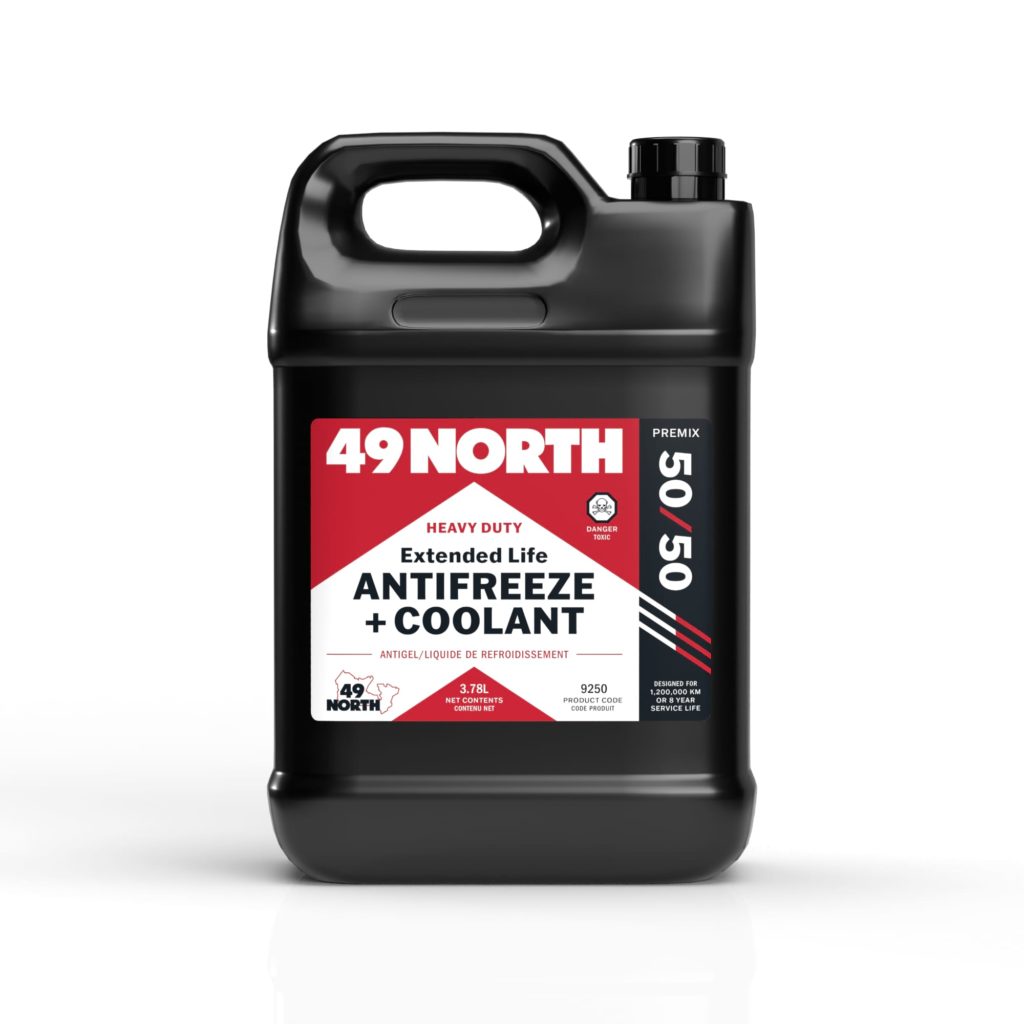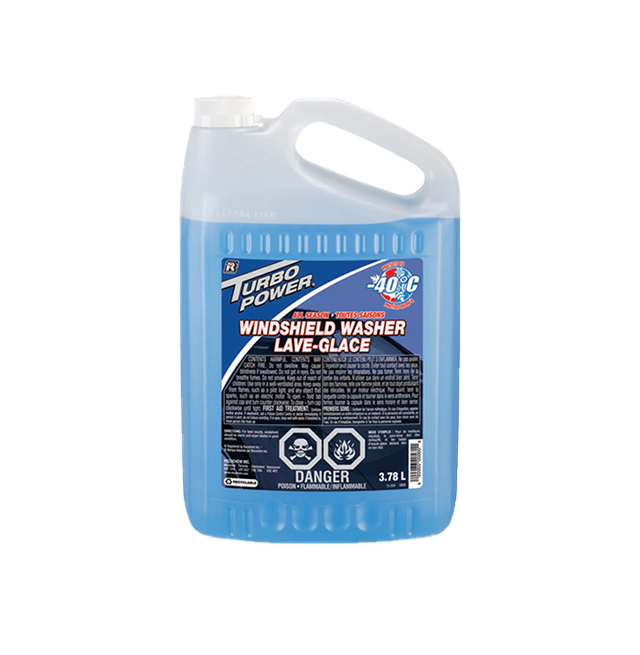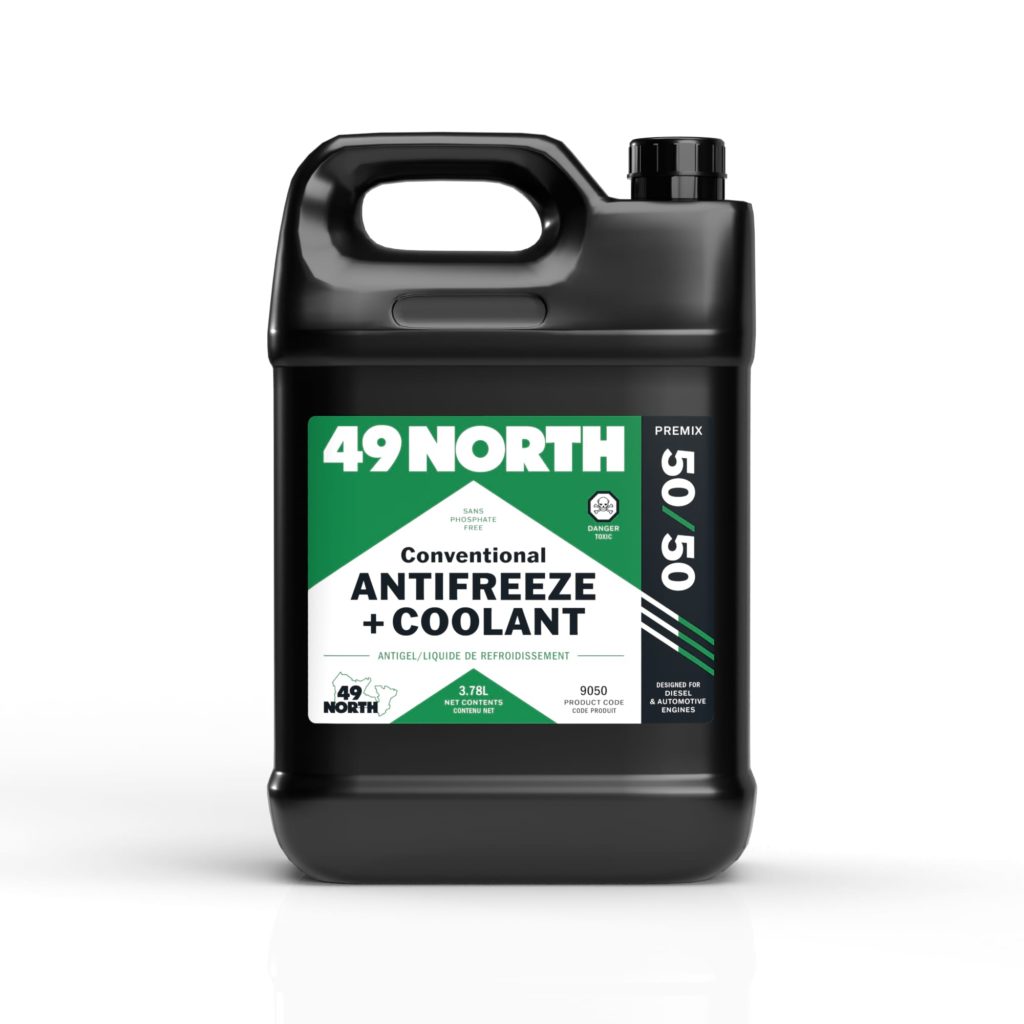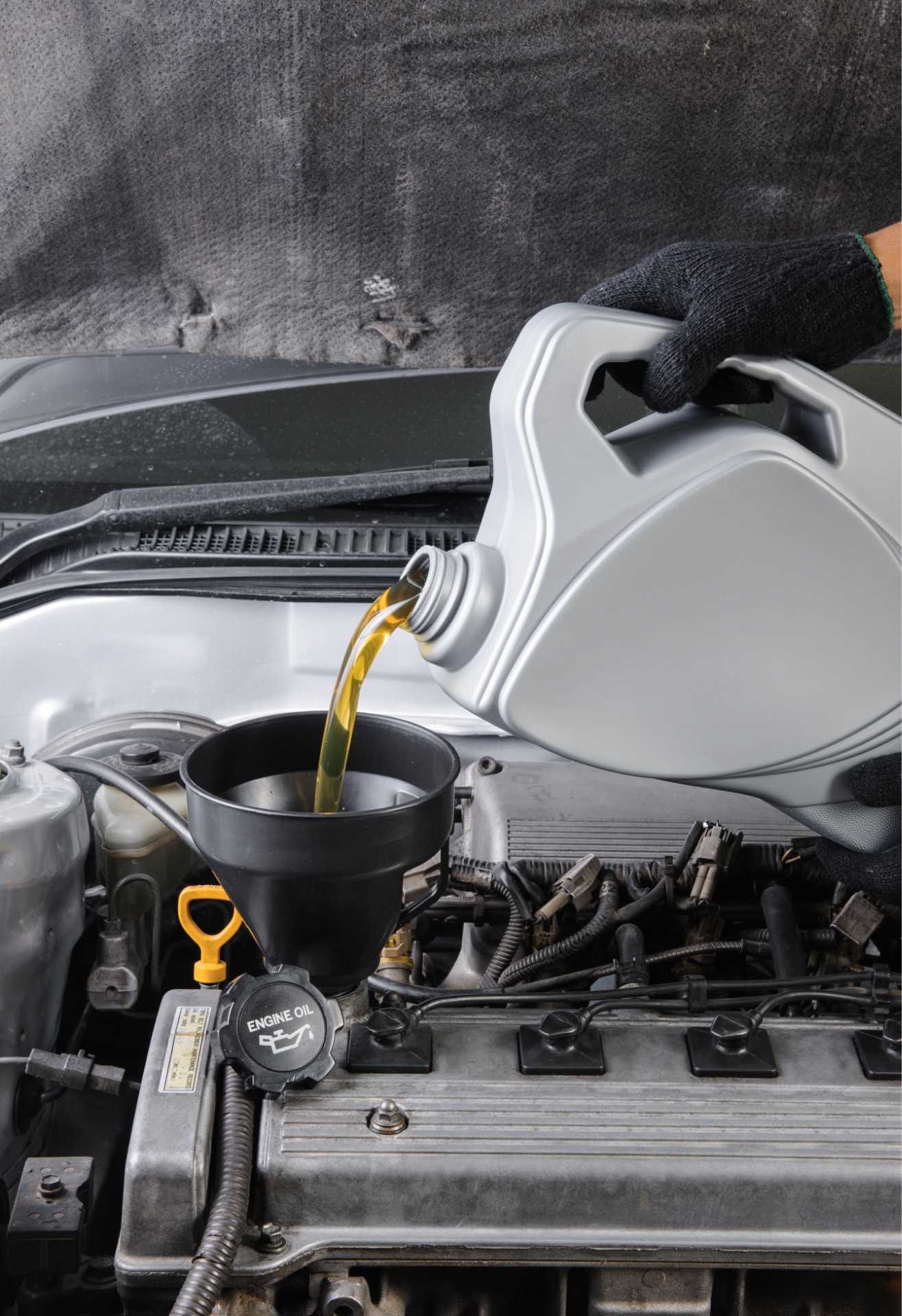
What Oil is Right For You?
While synthetic oils provide benefits that more than justify the increased cost of the product itself, you need to ensure that they are the correct choice for the job you are doing as well. For example, in a system that has sumps or equipment housings with more than minimal leakage, it doesn’t matter how good the oil is if you are continually topping up the reservoir. Or in applications prone to contamination from dirt or water you may be changing out your oil more frequently and not getting the benefits of being able to do extended drains with a synthetic product.

The Right Synthetic Oil For Canadian Winter Driving
Our motor oil experts are here to provide you with the best service possible. We can accurately determine what type of oil will be best for your vehicle and location to ensure you don’t break down this winter. Choosing the right cold weather engine oil for Canadian driving is crucial and has never been easier than with 49 North Lubricants.
Find a Location
- Leduc
- Lethbridge
- Regina
- Winnipeg
Leduc
Hours of Operation
- Monday 8:00 AM - 5:00 PM
- Tuesday 8:00 AM - 5:00 PM
- Wednesday 8:00 AM - 5:00 PM
- Thursday 8:00 AM - 5:00 PM
- Friday 8:00 AM - 5:00 PM
- Saturday Closed
- Sunday Closed
Lethbridge
Hours of Operation
- Monday 8:00 AM - 4:00 PM
- Tuesday 8:00 AM - 4:00 PM
- Wednesday 8:00 AM - 4:00 PM
- Thursday 8:00 AM - 4:00 PM
- Friday 8:00 AM - 4:00 PM
- Saturday Closed
- Sunday Closed
Regina
Hours of Operation
- Monday 8:00 AM - 5:00 PM
- Tuesday 8:00 AM - 5:00 PM
- Wednesday 8:00 AM - 5:00 PM
- Thursday 8:00 AM - 5:00 PM
- Friday 8:00 AM - 5:00 PM
- Saturday Closed
- Sunday Closed
Winnipeg
Hours of Operation
- Monday 8:00 AM - 5:00 PM
- Tuesday 8:00 AM - 5:00 PM
- Wednesday 8:00 AM - 5:00 PM
- Thursday 8:00 AM - 5:00 PM
- Friday 8:00 AM - 5:00 PM
- Saturday Closed
- Sunday Closed
What Our Customers in Leduc are Saying...
4.8 / 5Posted on Google
What Our Customers in Lethbridge are Saying...
5.0 / 5Posted on Google
What Our Customers in Regina are Saying...
4.9 / 5Posted on Google
What Our Customers in Winnipeg are Saying...
5.0 / 5Posted on Google
Synthetic Oil FAQ
Is synthetic motor oil compatible with all vehicle types?
Synthetic motor oil is designed for use in most modern vehicles, including high-performance engines, turbocharged engines, and those requiring specific oil specifications. However, it's essential to consult the vehicle's manual or a mechanic to ensure compatibility before using synthetic oil.
How often should synthetic oils be changed?
Synthetic motor oils generally last longer than conventional oil, providing extended protection and performance. However, specific change intervals can vary depending on factors such as driving conditions, vehicle age, and manufacturer recommendations. Typically, it is advised to change synthetic oil every 7,500 to 10,000 kilometres but always refer to the vehicle's manual for precise guidance.
Does using synthetic oil improve fuel efficiency?
Yes. Synthetic oil's advanced formulation and reduced friction can potentially contribute to better fuel efficiency compared to conventional oil. While the improvement might not be significant, using synthetic oil can play a role in optimizing the engine's performance and overall fuel economy.
Can switching to synthetic oil cause leaks or engine issues in older vehicles or machines?
In some cases, older vehicles and machines with high mileage might experience leaks or other issues after switching to synthetic oil. This could be due to the synthetic oil's superior cleaning properties, which can remove deposits that were sealing minor leaks. It's advisable to consult a mechanic before making the switch to synthetic oil in an older vehicle.
Is synthetic oil more expensive than conventional oil, and is it worth the cost?
Synthetic oil generally comes at a higher price point compared to conventional engine oils. However, the improved protection, extended change intervals, and overall better engine performance often justify the additional cost. For vehicles that demand peak performance or operate in extreme conditions, the benefits of synthetic oil often outweigh the initial investment.
How does synthetic oil perform in cold weather conditions?
Synthetic oil is known for its ability to flow more freely at low temperatures, ensuring optimal lubrication during winter months. Its superior cold-temperature properties help engines start more easily and reduce wear on critical engine parts, making it a reliable choice for frigid climates.
Can using synthetic oil prevent cold-weather engine issues, such as freezing or sluggish starts?
Synthetic oil's low viscosity and resistance to thickening in cold temperatures can help prevent common winter engine problems, such as oil freezing or difficulties in starting the engine. By providing better fluidity and lubrication in icy conditions, synthetic oil can contribute to smoother engine starts and overall improved cold-weather performance.
